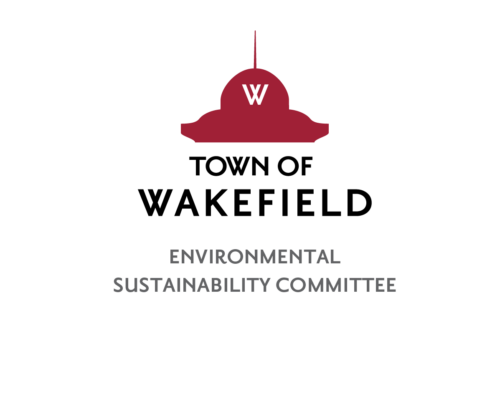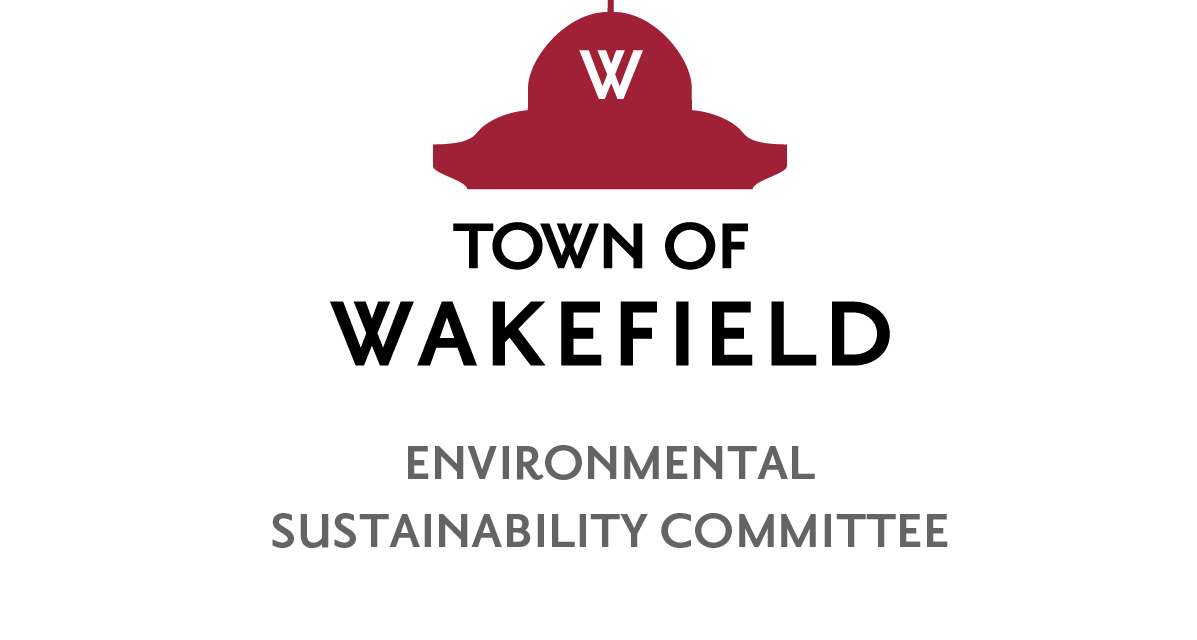 By MARK SARDELLA
By MARK SARDELLA
WAKEFIELD — The Environmental Sustainability Committee is the latest town board to be tagged with an Open Meeting Law complaint. The ESC has scheduled a meeting for Monday, Oct. 7 with just one agenda item, “Discussion of Open Meeting Law complaint and response.”
The agenda item refers to a complaint filed against the ESC on Sept. 20 by Scot McCauley of Walden Road.
McCauley’s complaint alleges that between Aug. 10 and Sept. 14, 2023, a subcommittee of the Environmental Sustainability Committee met in secret to formulate an article for the November 2023 Town Meeting seeking approval of the Specialized Opt-in Stretch Energy Code. The Specialized Energy Code includes net-zero building performance standards and other stringent requirements designed to achieve strict greenhouse gas emission limits. The ESC-sponsored article was approved at the Nov. 18, 2023 Town Meeting by a vote of 109-33.
In his complaint, McCauley notes that the minutes of the Aug. 10, 2023 ESC meeting record a vote to “bring forward a warrant article for the fall 2023 Town Meeting to seek approval of Specialized Opt-in Stretch Code.” The minutes of that meeting also refer to a subcommittee or “working group” that would bring a draft Town Meeting article to the Sept. 14 ESC meeting. According to McCauley, members of that ESC subcommittee are identified in the Aug. 10 meeting video as (then-Town Councilor) Julie Smith-Galvin, Thomas Boettcher (also an MGLD board member) and ESC chair Melissa Eusden.
McCauley points out that there is no record of meetings of this ESC subcommittee and no agendas or minutes of such meetings are posted on the town website.
Yet, the minutes of the Sept. 14, 2023 ESC meeting state that Boettcher presented the draft Town Meeting article which was then approved by the full ESC after a motion by Smith-Galvin.
In his complaint, McCauley also notes that at the Nov. 18, 2023 Town Meeting there was an extensive PowerPoint presentation offered by the ESC in support of their Specialized Energy Code article. McCauley maintains that details on the origin and preparation of that PowerPoint presentation were never revealed. He further alleges that several members of the ESC got up at Town Meeting and spoke in favor of the article without identifying themselves as ESC members who voted to bring the article forward.
“This article should never have come to light and been presented for consideration to be on the (Town Meeting) warrant since it was completely done in the dark,” McCauley maintains. “Everything about the process was a violation of the Open Meeting Law process.”
Once the Environmental Sustainability Committee acknowledges receipt of the Open Meeting Law complaint at its Oct. 7 meeting, it will be referred to Town Counsel Thomas Mullen to formulate a legal response on behalf of the town. His response will then be submitted along with the complaint to the state Attorney General’s Office for a ruling.
McCauley suggests that the Specialized Energy Code article passed at the November 2023 Town Meeting should be declared null and void, “since its creation and submittal were done illegally.”
Last August, the Attorney General upheld an Open Meeting Law complaint that McCauley had filed against the Wakefield Planning Board.
This is not the first time in recent weeks that the Environmental Sustainability Committee’s methods and operation have been questioned. At a Sept. 9 meeting, members of the Town Council took the ESC to task for exceeding its assigned mission and taking on “a far more activist role” than was appropriate.





